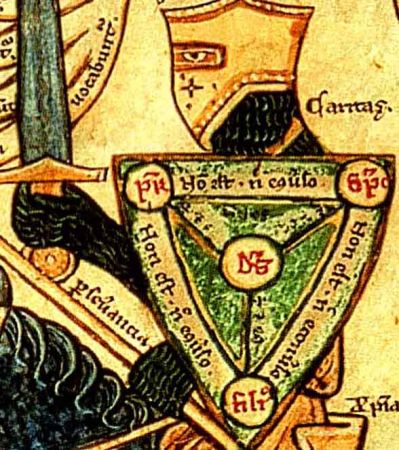Seven years ago, the last update to the legendary
A Song of Ice and Fire series came available, the fifth book
A Dance with Dragons. This book was somewhat disappointing to fans of the series. The books failed to have any of the juicy details readers actually wanted, being not-so-affectionately labeled "Traveling Places and Administrative Tasks: The Book". The book was also a major disappointment because it came out over five years after the previous book,
A Feast For Crows, released in 2005, despite the promise of Martin that the fifth book would be released speedily since he had already written most of it when he divided the upcoming fourth novel into two separate novels.
And then the fourth book came out five years after the book before
it, and was also something of a disappointment. While the third book had betrayals and kingdom-spanning adventures for the future of the continent, the
Feast was much slower-paced and almost seems a tangent compared to the promise of the original three books. Almost none of the plot lines were picked up, meaning it was over a decade, when
Dragons was released, that fans got to go back to the characters they last read about in 2000 when
A Storm of Swords was released.
In the intervening years, Ol' Georgie has been quite busy.... just not busy with anything to do with the book series that has sold millions of copies and was made into the most-pirated television series in history. Martin has been instead going on tours and writing all kinds of other stories. Some are tangentially related to the world of Westeros, others not so much.











